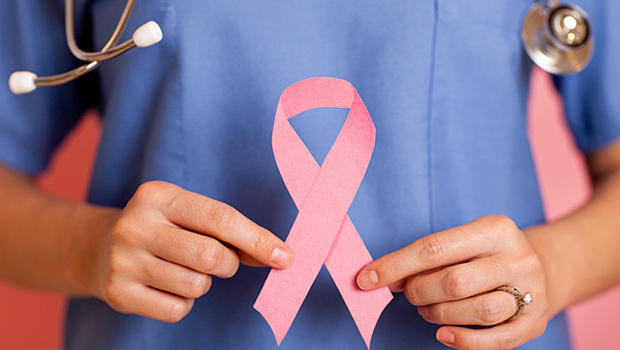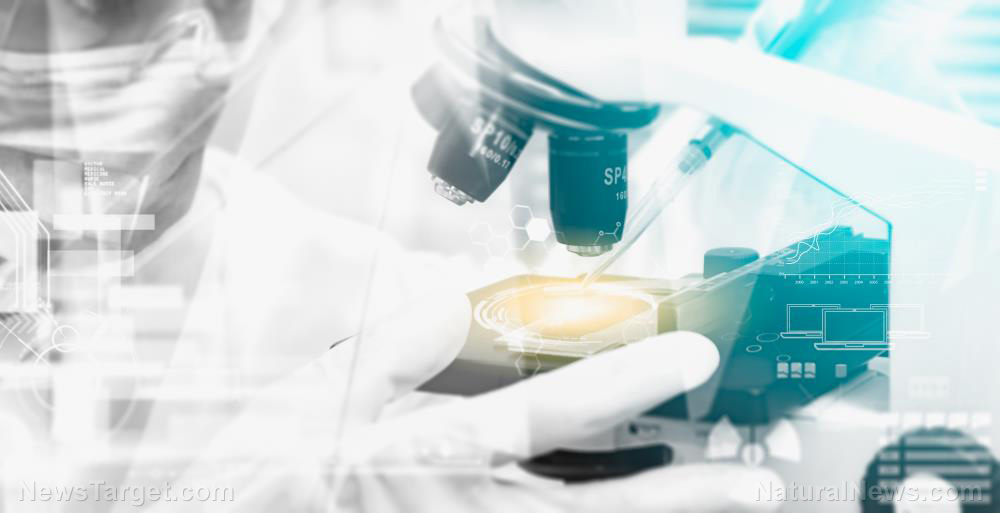 Parler
Parler Gab
Gab
- Harvard researchers found phytosterols in nuts, seeds, and whole grains reduce heart disease and type 2 diabetes risk by nearly 10%.
- A 36-year study of 200,000 Americans shows most fail to eat enough plant-based foods, increasing chronic disease vulnerability.
- Phytosterols lower LDL cholesterol, improve insulin sensitivity, reduce inflammation, and support gut microbiome health.
- 90% of Americans don’t meet recommended phytosterol intake, despite its proven benefits for metabolic health.
- Unprocessed foods like pistachios, sunflower seeds, and olive oil are top sources, offering a natural defense against chronic diseases.
The science behind phytosterols
Phytosterols, which are structurally similar to cholesterol, are naturally occurring compounds in plant-based foods like almonds, sunflower seeds, whole grains, and vegetables such as broccoli and cauliflower. For decades, researchers have known they help lower LDL ("bad") cholesterol by blocking its absorption in the gut. But this latest study, presented at the American Society for Nutrition’s 2025 conference, goes further, linking phytosterols to improved insulin regulation, reduced inflammation, and a healthier gut microbiome, all of which are critical factors in preventing metabolic diseases. Dr. Fenglei Wang, lead author and research associate at Harvard’s T.H. Chan School of Public Health, emphasized the findings: "Our findings support the dietary recommendation of adhering to healthy plant-based dietary patterns that are rich in vegetables, fruits, nuts and whole grains." The research, pooling data from three long-term studies, found that participants consuming roughly five servings of vegetables, three servings of fruit, two servings of whole grains, and half a serving of nuts daily had significantly lower risks of heart disease and diabetes.Why most Americans are missing out
Despite the clear benefits, nearly 90% of Americans fall short of these dietary benchmarks. The consequences are dire: heart disease remains the leading cause of death in the U.S., claiming one in five lives, while type 2 diabetes afflicts over 37 million adults. The study’s metabolic analysis offers a clue to why phytosterols are so protective. Blood samples from 40,000 participants revealed that those with higher phytosterol intake had better insulin sensitivity and lower inflammation—key markers for metabolic health. Critically, the research highlights how phytosterols interact with the gut microbiome. Species like Faecalibacterium prausnitzii, which thrive in high-phytosterol diets, produce enzymes that metabolize these compounds into beneficial short-chain fatty acids, further reducing disease risk. "The gut microbiome might play a role in the beneficial associations," Wang noted, underscoring the body’s innate ability to heal when given the right tools. The study’s implications are a direct challenge to the profit-driven medical establishment. Unlike synthetic drugs, which often come with debilitating side effects, phytosterols offer a safe, accessible, and affordable way to combat chronic disease. Yet corporate agriculture and processed food industries—often subsidized by taxpayer dollars—flood the market with refined grains and seed oils stripped of these vital nutrients. The solution? Prioritize unprocessed, whole foods. Pistachios, sunflower seeds, flaxseeds, and extra-virgin olive oil are among the richest sources. As Wang pointed out, even modest dietary shifts can yield measurable benefits. In a world where governments and corporations push harmful food policies and profit from sickness, individuals have the power to reclaim their health through conscious choices. Phytosterols aren’t a miracle cure; they’re a testament to nature’s wisdom, offering protection against diseases that Big Pharma would rather "manage" than prevent. Sources for this article include: DailyMail.co.uk News-Medical.net Health.comDaily cup of beans slashes cholesterol and inflammation in just 12 weeks, study finds
By Cassie B. // Share
A path to wellness and disease prevention: Patrick Quillin’s “The Healing Power of Whole Foods”
By Ramon Tomey // Share
Maesimund Panos and Jane Heimlich explore the world of homeopathic medicine and natural healing
By Kevin Hughes // Share
Salmonella outbreak sparks 1.7M egg recall amid persistent food safety concerns
By Willow Tohi // Share
Embracing the wise woman way: A new perspective on breast health
By Belle Carter // Share
DMSO: An underrated but promising healing agent
By Olivia Cook // Share
Governments continue to obscure COVID-19 vaccine data amid rising concerns over excess deaths
By patricklewis // Share
Tech giant Microsoft backs EXTINCTION with its support of carbon capture programs
By ramontomeydw // Share
Germany to resume arms exports to Israel despite repeated ceasefire violations
By isabelle // Share










